Black Resources Heading link
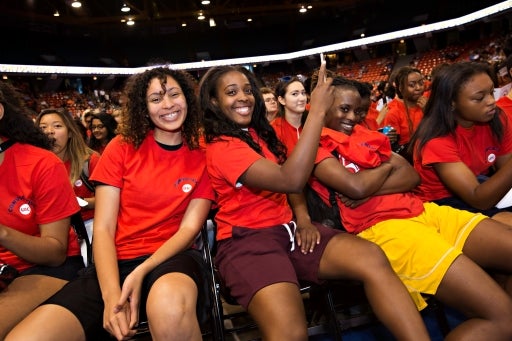
This is a website where Black & African Descent students, faculty, staff and alumni can come to learn about resources at UIC specifically targeted to meet their needs. Although UIC has a plethora of resources, finding them can be a challenge. This website aims to eliminate that challenge by creating a ‘one stop shop’ with links to dedicated resources, highlights of Black Excellence, upcoming events and more.
Centers for Cultural Understanding and Social Change (CCUSC) Heading link
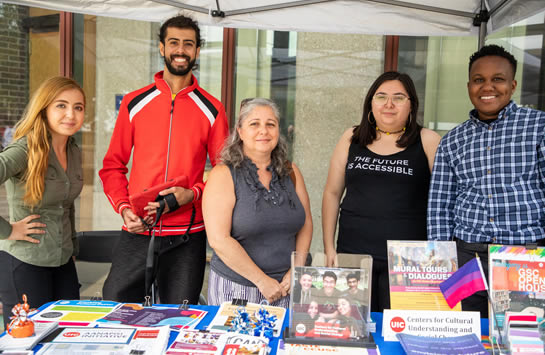
The seven Centers for Cultural Understanding and Social Change are a collaborative group that aims to make UIC a welcoming and inclusive place for all students, faculty and staff. The Centers are committed to student success, intercultural engagement, vibrant scholarship, and dynamic community partnerships.
Migrant Resource Hub Heading link
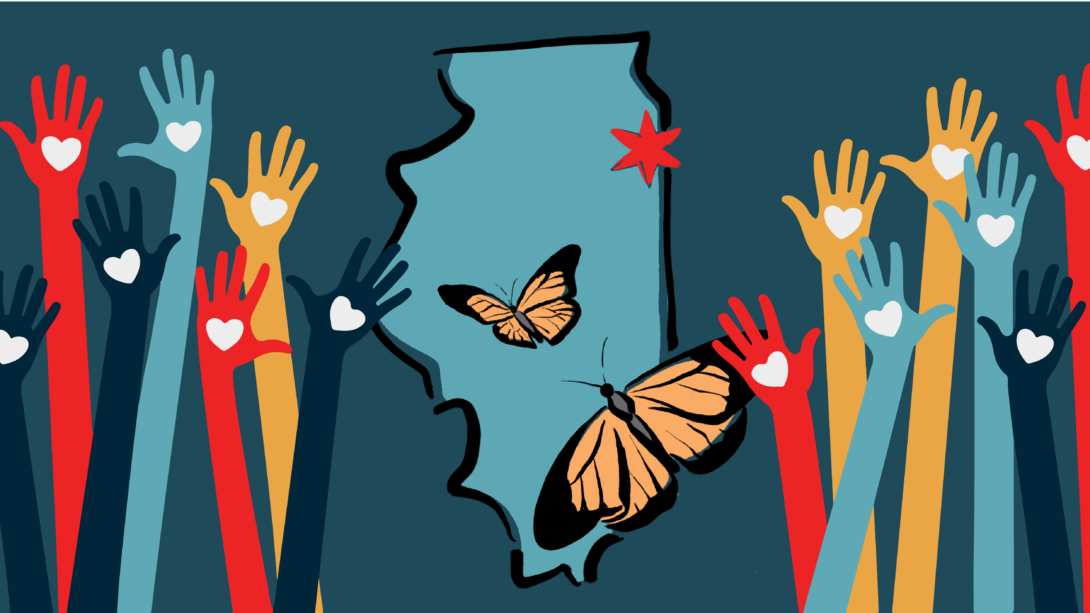
The UIC Migrant Resource Hub is designed to inform the campus of the different initiatives happening at or in collaboration with UIC to assist newly arriving asylum-seekers as well as to connect UIC community members with city and state-wide sources of information and resources related to the asylum-seekers.
Odehmenan Health Equity Center Heading link
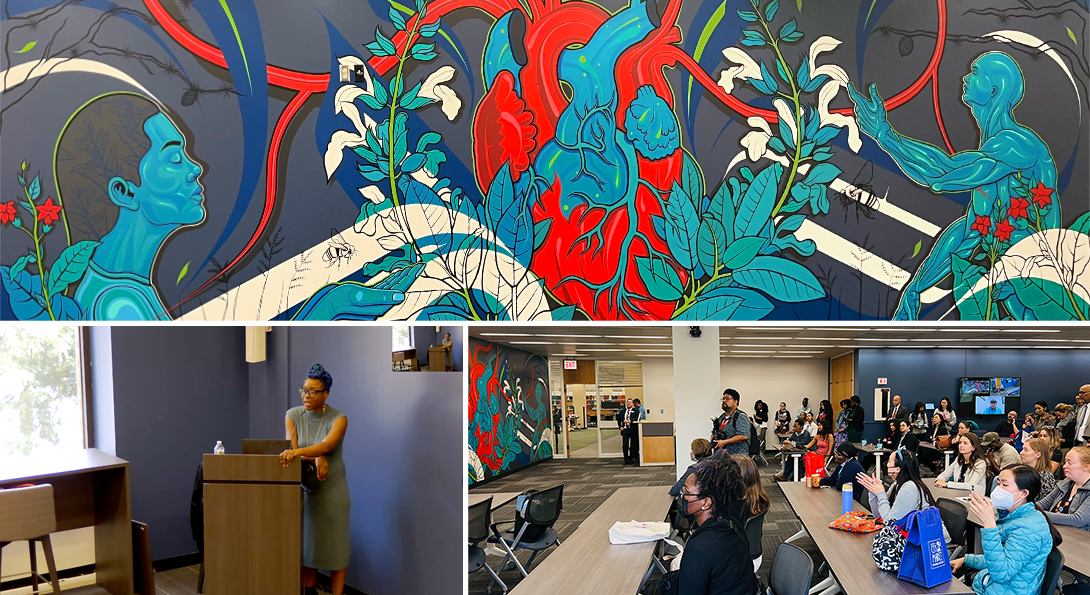
In fall 2023, the University of Illinois Chicago will officially launch the Odehmenan Health Equity Center (Odeh Center). This is the result of a joint partnership spanning years between the Office of the Vice Chancellor for Health Affairs and the Office of Diversity, Equity, and Engagement, and a generous donation of space from the UIC Library of the Health Sciences-Chicago.
The purpose of the Odeh Center is to help cultivate community for students, staff, faculty, alumni and neighborhood partners. This is done through education, affinity groups, events, dialogues and advocacy. By fostering this sense of belonging and partnership, our community will be better equipped to uphold health equity in our clinical practice, education and research.
Partnerships for Anti-racist Campus Transformation Heading link
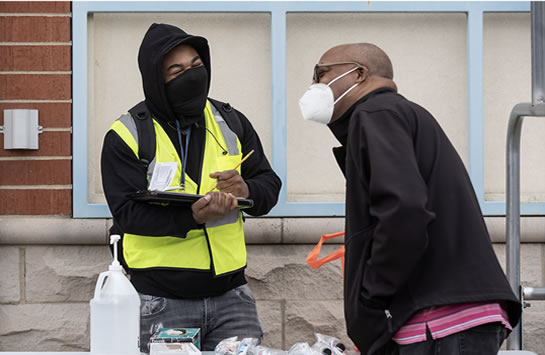
As COVID-19 continues its prevalence across our region, the need to coordinate university efforts is more important than ever. UIC’s multidisciplinary academic and research network, including that of our academic health enterprise of UI Health, is uniquely positioned to be astutely responsive to our community partners’ needs in ways that may directly address immediate concerns as well as set the stage for long-term partnerships.
With the support of the UIC School of Public Health, UIC -Partnerships for Antiracist Campus Transformation (UIC-PACT), was established. Housed in the Office of Diversity, UIC-PACT is a collaboration of members from across campus with the goal to identify various community needs and organize our university expertise and response.